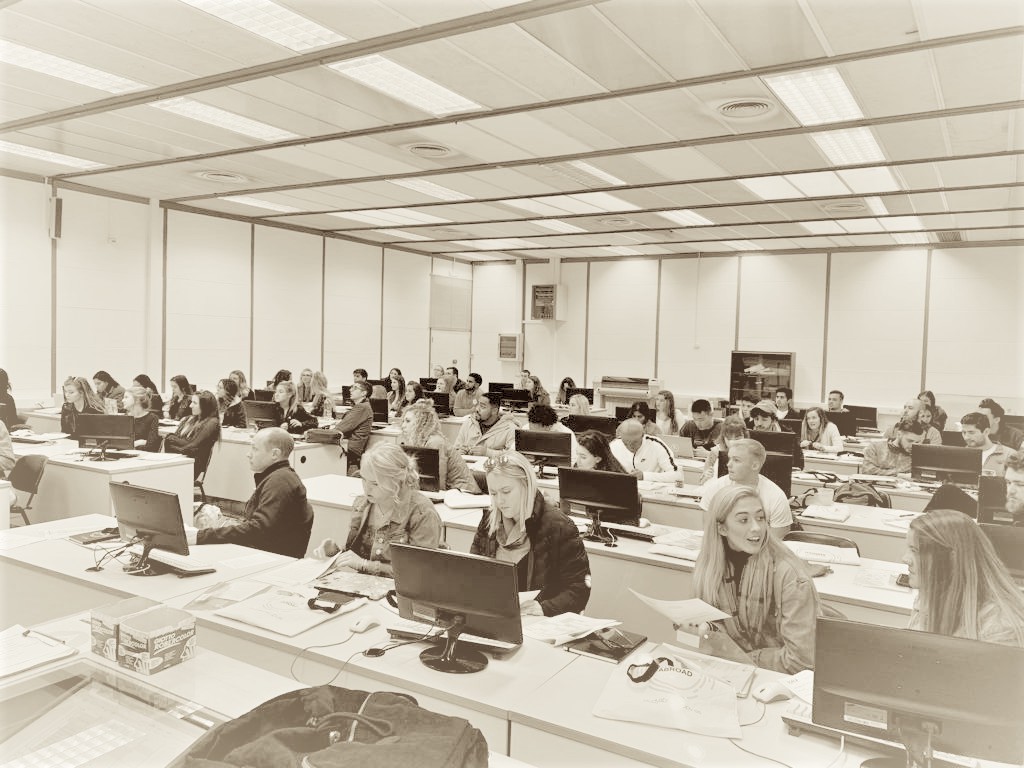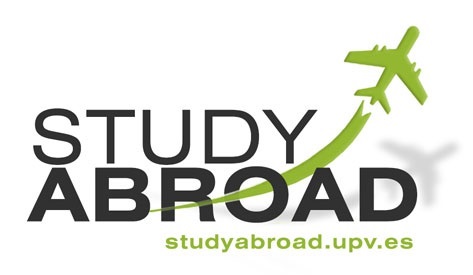
|
|

• Attendance
• Assessments
• Sexual Harassment Policy
• Students With Disabilities
• Academic Honesty Policy
• University Ombudsman
• Statement On Audio And Video Recording
• Syllabus Change Policy
(ENG) Spanish Culture and Civilization
3 Credits | 200 Level | 45 Contact hours
Hooper, J. The New Spaniards, Penguin Books, 2nd ed., 2006. ISBN: 978-0141016092
Edited by Jo Labany, Constructing Identity in Contemporary Spain, Oxford University Press, New York 2002 Ross Christopher J, Contemporary Spain, Arnold, London 2002.
This course will develop student understanding of topics related to contemporary Spanish culture and civilization. Students will build a strong theoretical and historical foundation to effectively analyze life in Spain in the present, and the changes that have taken place in society related politics, religion, economy, and society.
• To identify highlights of Spanish geography, history and politics that have molded Spain into the country that it is today.
• To learn about the features, peculiarities, traditions and costumes of the Autonomous Communities in class presentations.
• To analyze and articulate ideas about Spanish society and culture in class discussions and written papers.
• To focus on current events that are relevant to Spain in class discussions.
• To study different key figures of Spain in class presentations.
1. Spanish Geography and culinary traditions
3. Ancient civilisations and 20th Century Spanish history and politics
4. 21st Century Spanish history and politics
5. Spanish regions
6. Spanish culture (customs and litterature)
7. Spanish society
8. Spain in the global context
Upon successful completion of this course, students will be able to:
• Examine key moments and themes in the cultural history of late-nineteenth- and twentieth- century Spain.
• Analyze and synthesize primary sources, secondary sources, as well as explore the use of visual and material objects as historical evidence.
• Analyze relevant primary and secondary sources to develop and support a historical argument through the completion of a research paper.
• Identify, name, and place the geographical features of Spain.
Class Attendance :
Students are required to attend every class and actively participate in all class activities.
Homework:
Students are required to complete daily homework assignments including, reading, writing, and research assignments. All homework assignments must be turned in at the beginning of class. Late submissions will not be accepted.
Presentations:
Students are required to prepare at least two main presentations throughout the semester. They will be able to choose from the suggested topics in the Syllabus. A presentation could be based on an analysis of a famous Spaniard and regions. All presentations must be at around ten minutes long and include a PowerPoint or other visuals.
Essay:
Students are required to write a six-page essay on an approved topic. Instructions will be provided by the instructor.
Exam:
Students are required to complete an exam, which will include all readings, topics, presentations, and lectures from previous classes. Exams will consist of multiple choice, short answer, and essay questions.
Assessment:
Class Attendance 10%
Homework 10%
Presentation (Region) 20%
Presentation (Person) 15%
Essay 20%
Exam 25%
|
